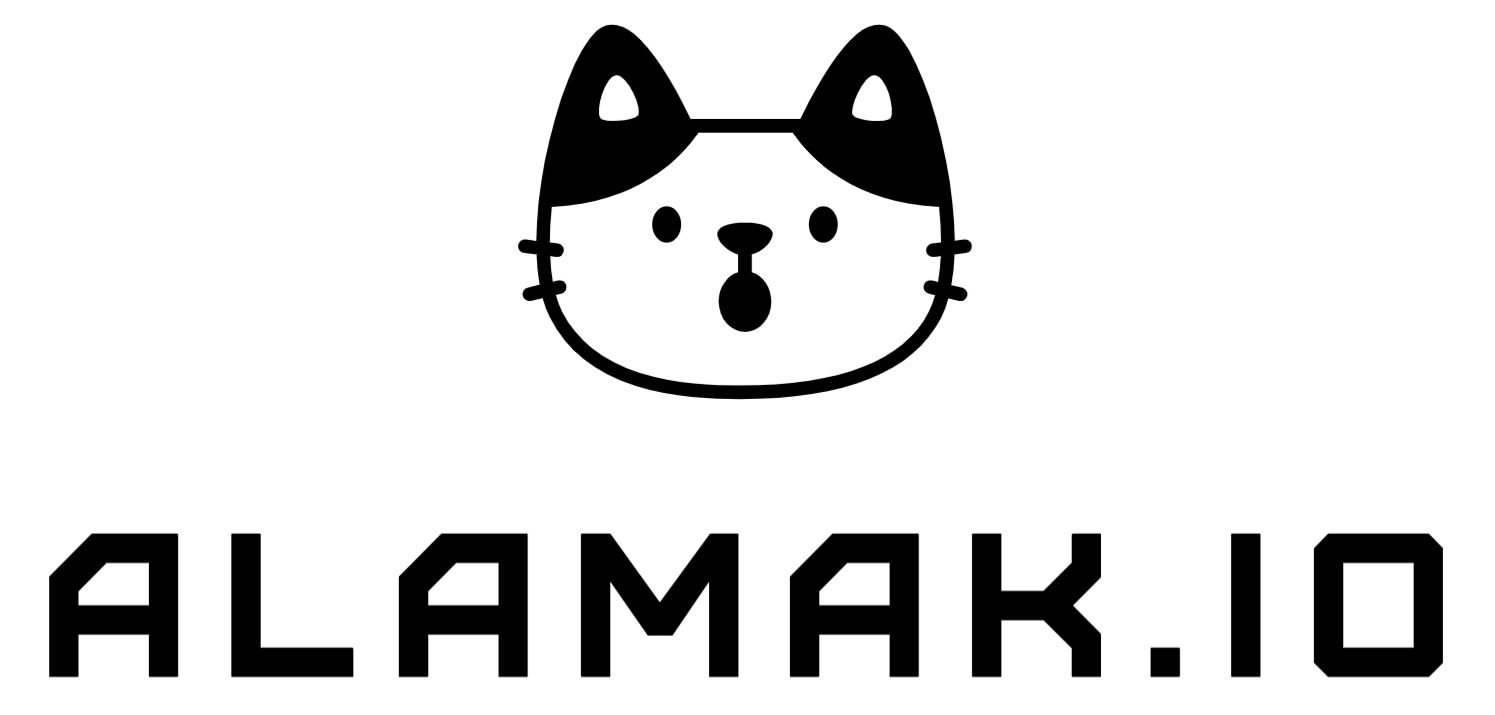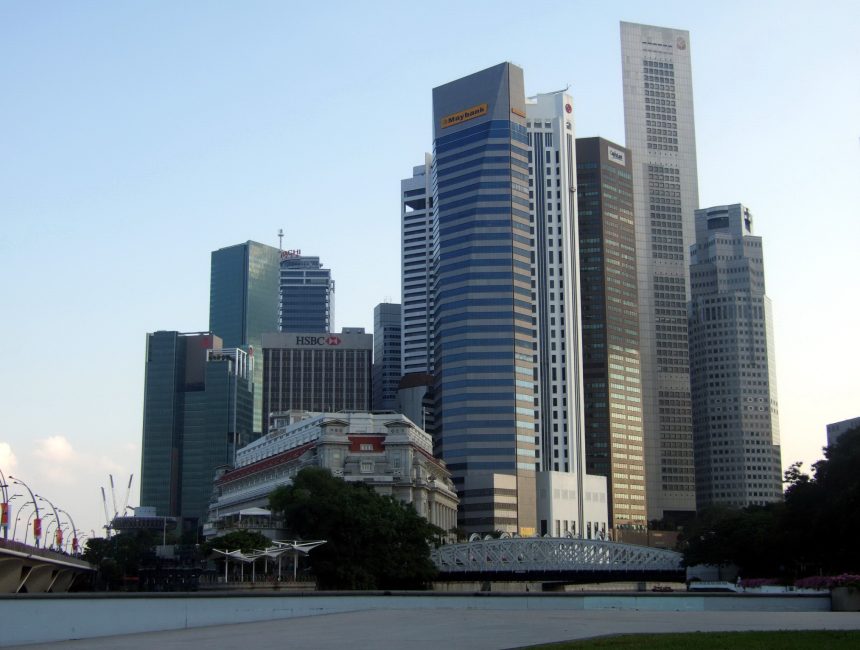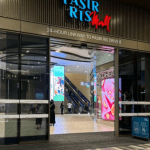Singapore job market is undergoing rapid transformations, influenced by technological advancements, shifting economic priorities, and evolving workplace norms. Here’s a look at the major trends and innovations shaping the future of work in this vibrant city-state.
Embracing the Digital Economy
As a global hub for finance and technology, Singapore is at the forefront of the digital economy. There’s a significant push towards enhancing digital infrastructure and capabilities across various sectors. This transformation is not only creating new job opportunities in tech-focused roles but also requiring a shift in skills across traditional sectors like finance, healthcare, and manufacturing. Workers are increasingly expected to possess digital literacy alongside their core professional skills.
Rise of Flexible Work Arrangements
The COVID-19 pandemic accelerated the adoption of flexible work arrangements in Singapore, a trend that continues to define the job market. Companies are now more open to remote work, flexible hours, and hybrid work models, recognizing the benefits of such arrangements in boosting employee satisfaction and productivity. This shift is also influencing workplace designs, with companies investing in technology to support remote collaboration and rethinking office spaces to cater to hybrid work models.
Focus on Sustainability and Green Jobs
In line with global trends, Singapore is emphasizing sustainability, which is reflected in the growing number of green jobs. From renewable energy projects to sustainable urban development, the demand for professionals in environmental sciences, sustainability consultancy, and green technology is on the rise. This trend is supported by government initiatives aimed at making Singapore a more sustainable city.
Advancements in Artificial Intelligence and Automation
AI and automation are becoming integral to Singapore job market, streamlining operations and enhancing efficiency across various industries. While this raises concerns about job displacement, it also opens up opportunities for new types of jobs in AI development, machine learning, and robotic process automation. Professionals are encouraged to upskill and adapt to these changes to remain relevant in their fields.
Lifelong Learning and Continuous Education
To keep pace with rapid technological changes and shifting industry demands, there is a strong emphasis on lifelong learning in Singapore. The government and private sector are investing in continuous education and professional development programs to help workers acquire new skills and adapt to emerging roles. This includes partnerships with educational institutions and the proliferation of online courses that cater to diverse learning needs and schedules.
Conclusion
The future of work in Singapore is dynamic and promising, marked by technological innovation, a shift towards more flexible and sustainable practices, and an unwavering commitment to lifelong learning. As the job market continues to evolve, both employers and employees in Singapore must adapt to these trends to thrive in an increasingly competitive global landscape.
Also learn about The Essential Role of Regular Health Check-Ups: Why and When to Visit Your Doctor.







